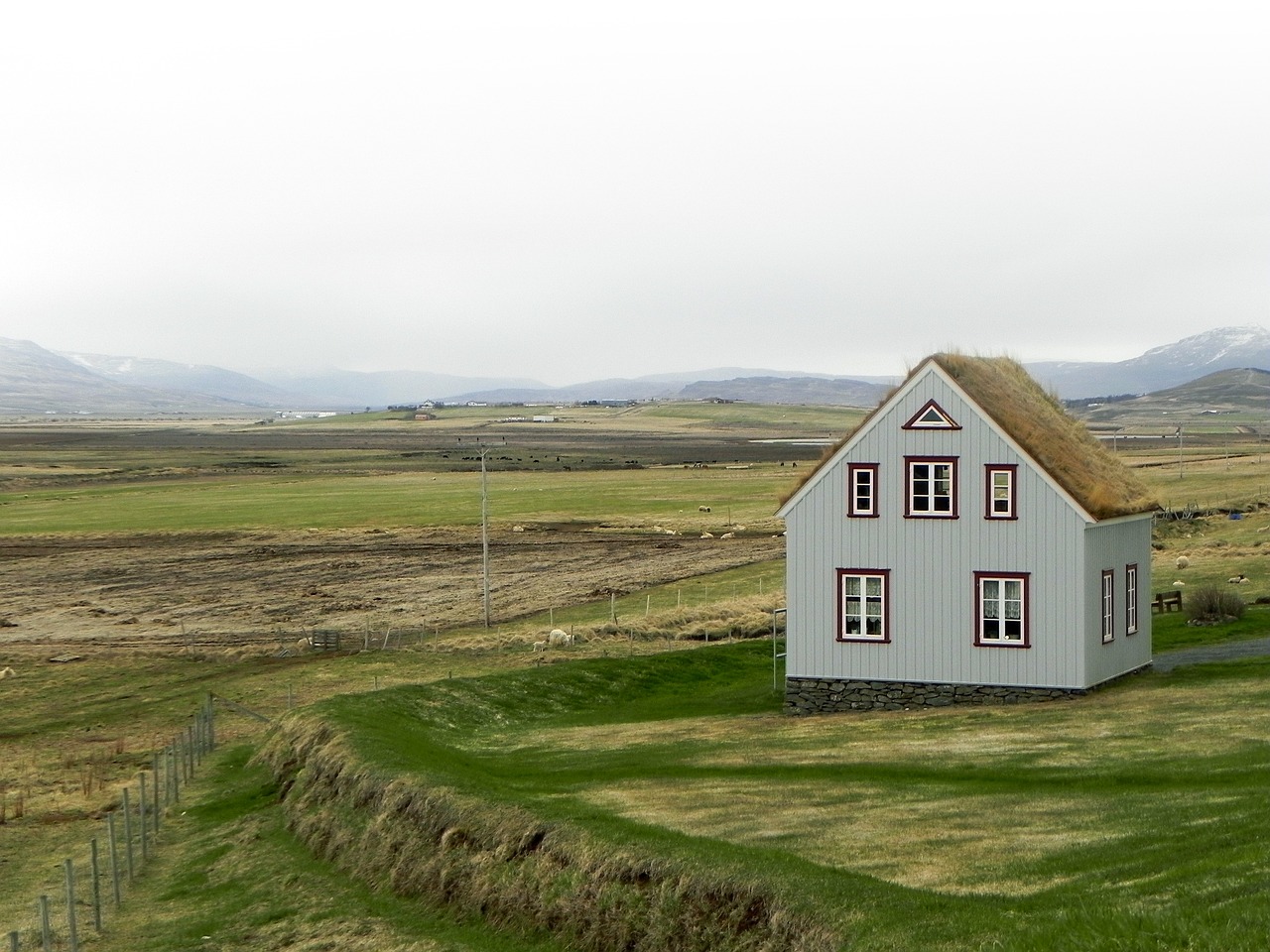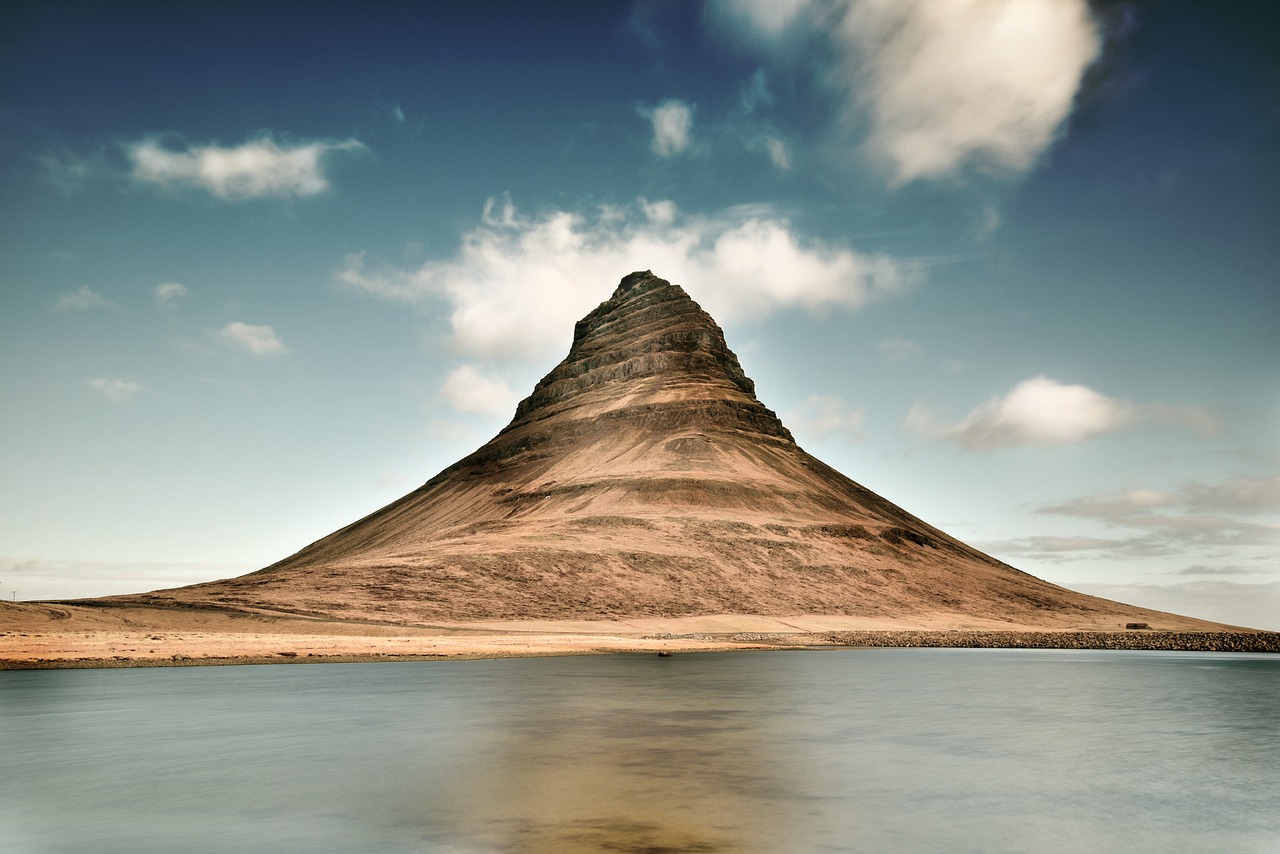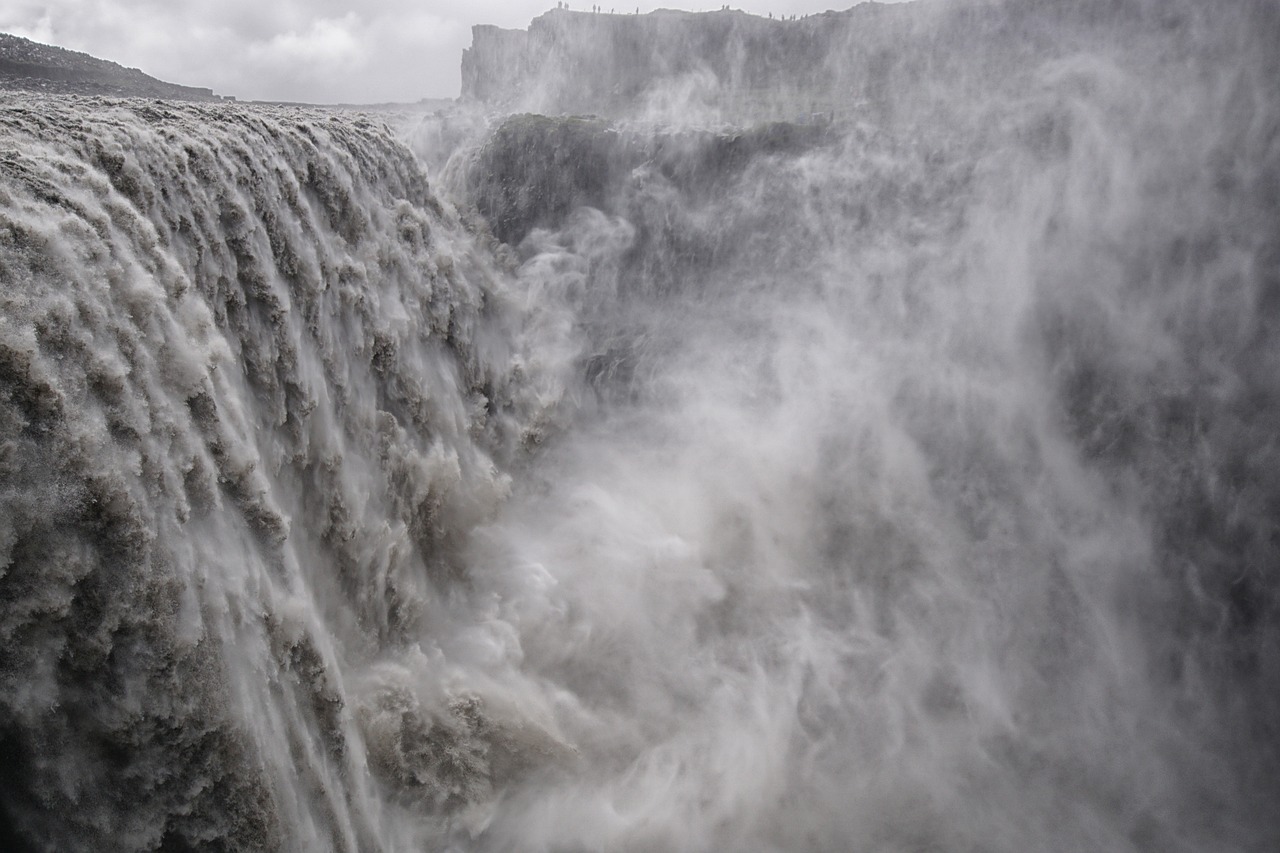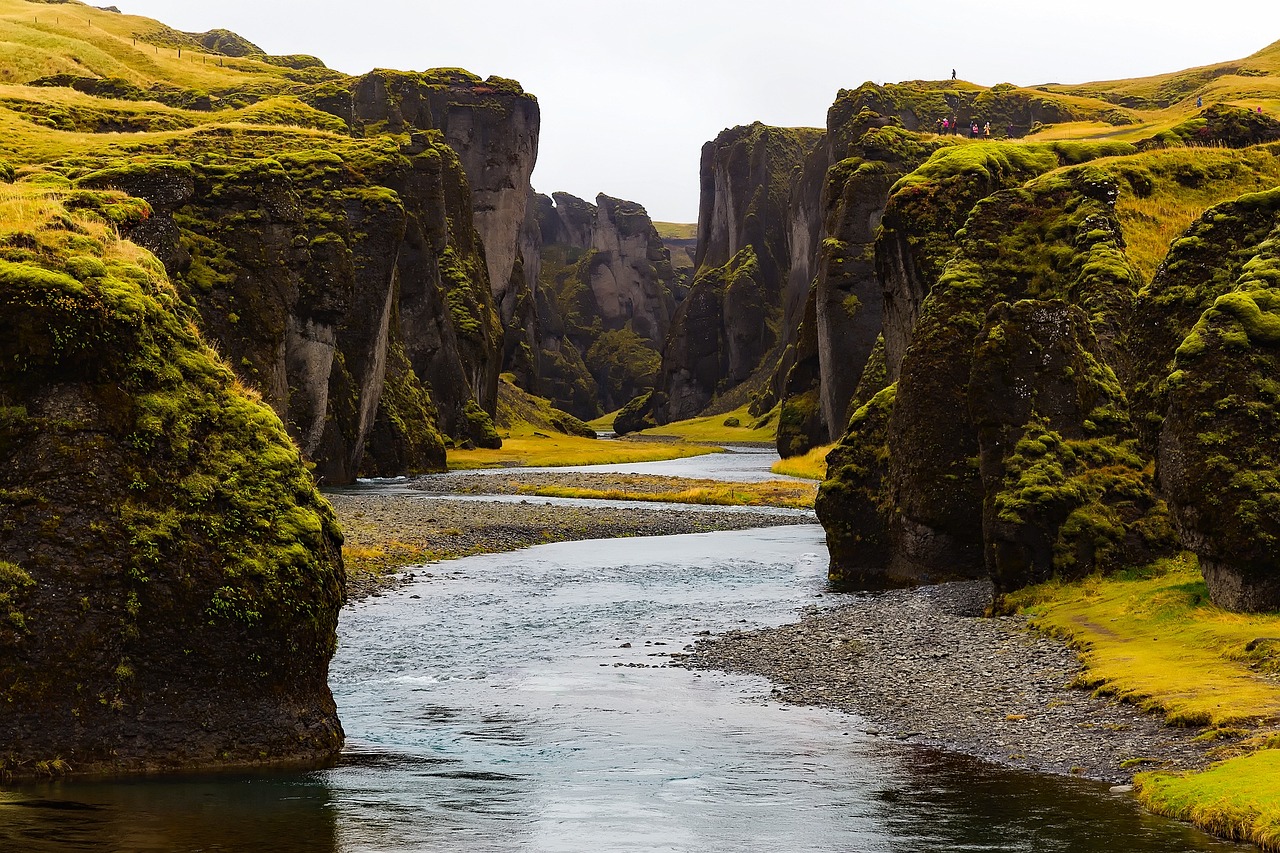Iceland Video
Emergency Services: What to Know While in Iceland
Iceland is a beautiful country known for its stunning landscapes, volcanoes, and geothermal springs. While exploring this unique destination, it’s important to be aware of the emergency services available to ensure your safety. This article will provide you with detailed information about emergency services in Iceland, including contact numbers, healthcare facilities, search and rescue operations, and more.
Emergency Numbers
- 112: The emergency number in Iceland is 112. It can be dialed for any emergency situation, including medical emergencies, accidents, fires, or if you are lost or in distress.
- 118: The number 118 is specifically for non-emergency police assistance. If you require police assistance that is not urgent, you can contact this number.
- 911: While 112 is the primary emergency number in Iceland, 911 can also be used as an alternative for emergency situations.
Healthcare Facilities
- Hospitals: Iceland has several hospitals located in major cities and towns. The largest hospital in Iceland is the Landspítali National University Hospital in Reykjavik, which provides a wide range of medical services.
- Health Clinics: In addition to hospitals, there are health clinics and medical centers throughout the country. These clinics offer primary healthcare services and can be visited for non-emergency medical issues.
- Pharmacies: Pharmacies, known as “apotek” in Icelandic, can be found in most towns and cities. They provide prescription medications, over-the-counter drugs, and healthcare products.
Search and Rescue
- ICE-SAR: The Icelandic Association for Search and Rescue (ICE-SAR) is responsible for search and rescue operations in Iceland. They provide assistance in various situations, including mountaineering accidents, hikers in distress, and people lost in remote areas.
- 112 App: The 112 Iceland app is a useful tool for travelers. It allows you to send an emergency signal directly to the emergency services, providing them with your location. The app also includes important safety information and contact numbers.
- SafeTravel: SafeTravel is a website operated by the Icelandic Association for Search and Rescue. It provides up-to-date information on weather conditions, road conditions, and general safety advice for travelers in Iceland.
Fire and Rescue Services
- Fire Stations: Fire stations are located in various cities and towns across Iceland. They are equipped to handle fires, hazardous materials incidents, and other emergencies.
- Fire Safety Tips: It’s important to familiarize yourself with fire safety tips while in Iceland. This includes knowing the location of fire extinguishers, following evacuation procedures, and being cautious when using open flames or cooking equipment.
- Fire Prevention: Preventing fires is crucial. Be mindful of fire restrictions and regulations, especially in areas prone to wildfires. Always extinguish campfires properly and avoid leaving any flammable materials unattended.
Police Assistance
- Police Stations: Police stations are located in major cities and towns throughout Iceland. They are responsible for maintaining law and order, handling criminal investigations, and providing assistance to the public.
- Non-Emergency Assistance: If you require non-emergency police assistance, you can visit the nearest police station or contact the non-emergency number 118.
- Reporting a Crime: If you witness or experience a crime while in Iceland, it’s important to report it to the police. Provide them with as much information as possible, including descriptions of individuals involved and any evidence you may have.
Coast Guard
- Icelandic Coast Guard: The Icelandic Coast Guard is responsible for maritime safety and security in Icelandic waters. They conduct search and rescue operations, enforce maritime laws, and assist vessels in distress.
- Maritime Emergencies: In case of a maritime emergency, contact the Icelandic Coast Guard through the emergency number 112. They will coordinate the response and provide necessary assistance.
- Boating Safety: If you plan to go boating or engage in water activities in Iceland, ensure you follow safety guidelines and regulations. This includes wearing life jackets, checking weather conditions, and informing someone of your plans.
Natural Disasters
- Volcanic Activity: Iceland is known for its volcanic activity. It’s important to stay informed about any volcanic alerts or warnings issued by the Icelandic Meteorological Office. Follow their instructions and evacuation procedures if necessary.
- Earthquakes: Iceland experiences frequent earthquakes due to its location on the Mid-Atlantic Ridge. Familiarize yourself with earthquake safety measures, such as taking cover under sturdy furniture and staying away from windows during an earthquake.
- Weather Conditions: Icelandic weather can be unpredictable. Stay updated on weather forecasts and be prepared for changing conditions, especially if you plan to engage in outdoor activities.
Road Safety
- Road Conditions: Before embarking on a road trip in Iceland, check the road conditions and weather forecasts. The Icelandic Road and Coastal Administration (IRCA) provides real-time information on road conditions, closures, and any potential hazards.
- Driving Regulations: Familiarize yourself with Icelandic driving regulations, including speed limits, seatbelt requirements, and rules for driving in rural areas. It’s important to drive cautiously, especially on gravel roads and in adverse weather conditions.
- Emergency Roadside Assistance: If you encounter any issues with your vehicle, such as a breakdown or a flat tire, contact a reputable roadside assistance service. They can provide towing services or help you with minor repairs.
Iceland Image 1:

Travel Insurance
- Importance of Travel Insurance: It is highly recommended to have travel insurance when visiting Iceland. Travel insurance can provide coverage for medical emergencies, trip cancellations, lost luggage, and other unforeseen circumstances.
- Insurance Providers: Research and choose a reputable travel insurance provider that offers comprehensive coverage for your specific needs. Ensure that your policy includes emergency medical evacuation, as this can be costly if needed.
- Policy Details: Before purchasing travel insurance, carefully read the policy details and understand what is covered and what is not. Pay attention to any exclusions, deductibles, and the process for filing claims.
Iceland Image 2:

Conclusion
In conclusion, being aware of the emergency services available in Iceland is essential for a safe and enjoyable trip. Save the emergency numbers, familiarize yourself with healthcare facilities, and follow safety guidelines for various situations. Remember to check weather conditions, road conditions, and stay informed about any potential natural disasters. By taking these precautions and being prepared, you can have a memorable experience exploring the stunning landscapes of Iceland.
References
- Icelandic Association for Search and Rescue: www.landsbjorg.is
- Icelandic Road and Coastal Administration: www.road.is
- Icelandic Meteorological Office: en.vedur.is
- Landspítali National University Hospital: www.landspitali.is
Iceland Image 3:



